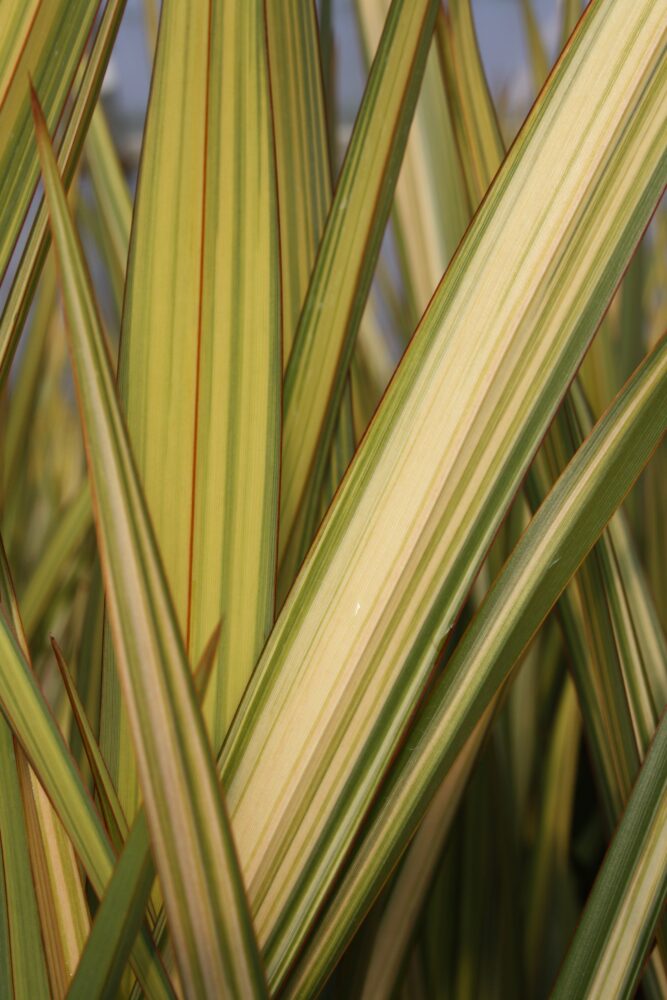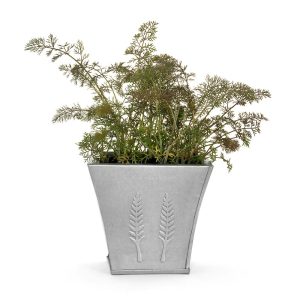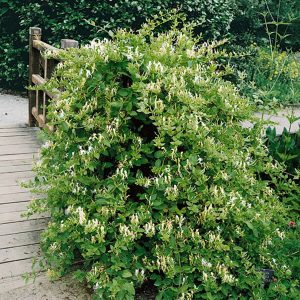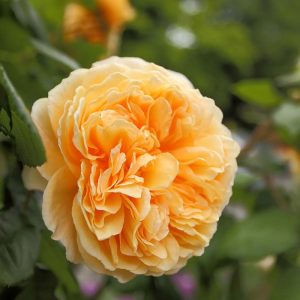Description
Phormium, also known as New Zealand Flax, is a genus of evergreen plants that are native to New Zealand. They have long, sword-shaped leaves that grow in a clump and come in a variety of colours, from green to red and even variegated. Phormiums are hardy plants that can tolerate a range of conditions, including coastal and exposed sites, making them a great addition to any garden. They can be planted as a focal point in a mixed border or in containers, and pair well with other plants such as grasses, heucheras, and sedums. Phormiums prefer well-drained soil and full sun to partial shade. With their striking foliage and low maintenance requirements, Phormiums are a great choice for any garden.
Key Facts
- Common Name(s):Flax Lily Apricot Queen
- Hardiness:Fully hardy through most of the UK
- How big will I get? Phormium Apricot Queen can grow to a height of 1.5m and a spread of 1.5m.
- Did You Know That:Phormium is of cultural importance to the Maori people, with fibres made from the leaves used to make clothing and baskets?
Plant Calendar
A rough guide to how this plant will change through the year.
| Jan | Feb | Mar | Apr | May | June | July | Aug | Sept | Oct | Nov | Dec | |
| Foliage Colour |    |
   |
   |
   |
   |
  orange orange |
  orange orange |
  orange orange |
   |
   |
   |
   |
| J | F | M | A | M | J | J | A | S | O | N | D |
   |
   |
   |
   |
   |
  orange orange |
  orange orange |
  orange orange |
   |
   |
   |
   |
Care Guide

Soil Requirements
Phormium Apricot Queen prefers moist but well-draining soil. This plant can grow in soil with a wide range of pH levels, it is not picky about the pH level of the soil.

Best Position
Phormium Apricot Queen can handle either an exposed or a sheltered position and requires full sun to thrive, this consists of more than six hours of direct sunshine per day.

Maintenance
Phormium Apricot Queen is fairly low maintenance and doesn’t require any pruning.

Pest, Diseases and Wildlife
Phormium Apricot Queen can have problems with mealybugs, and it tends not to have problems with diseases. It is not considered to be toxic.





